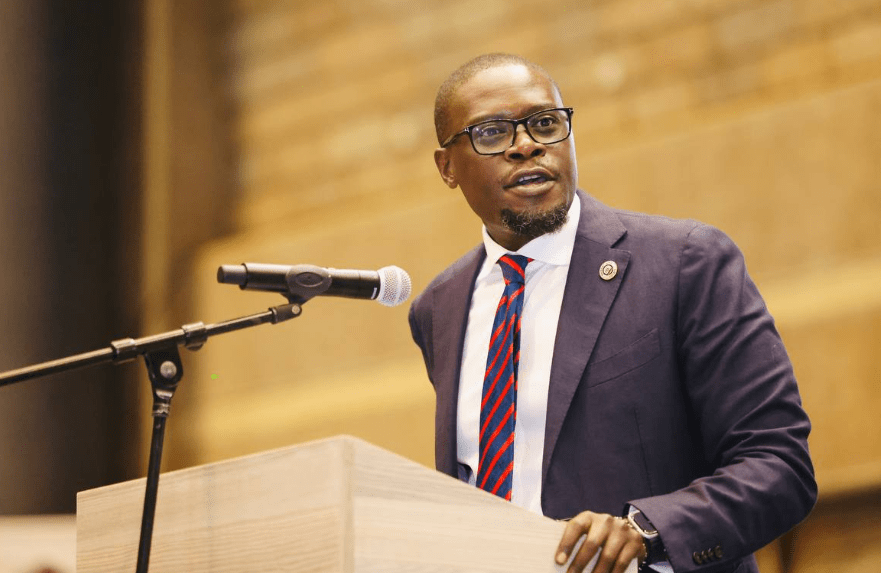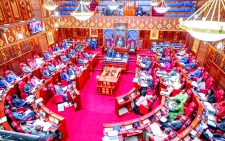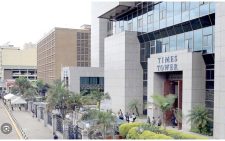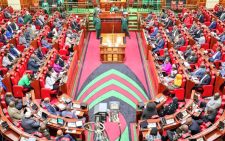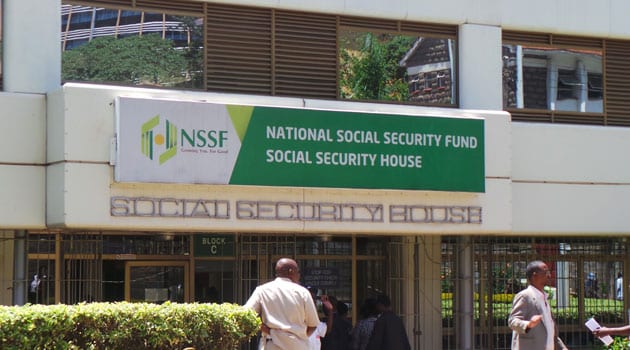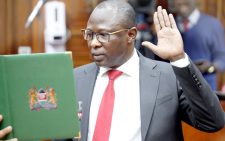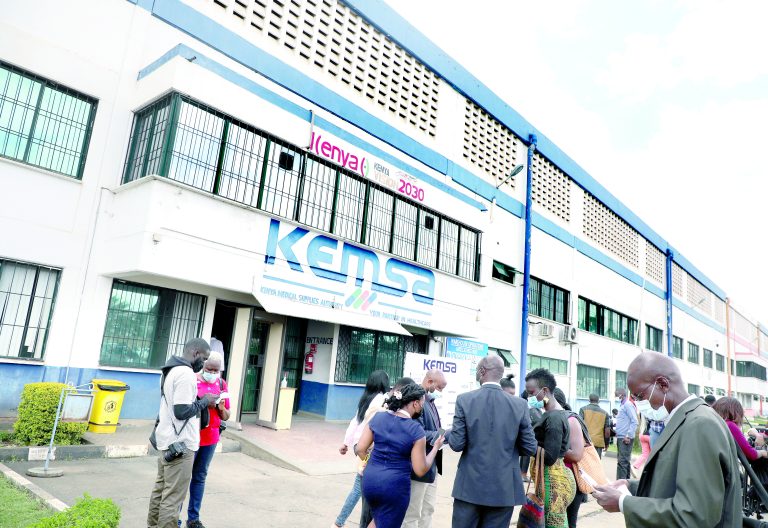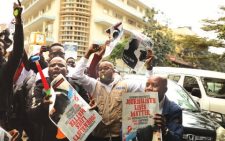KPLC, City Hall feud shows public service mindset
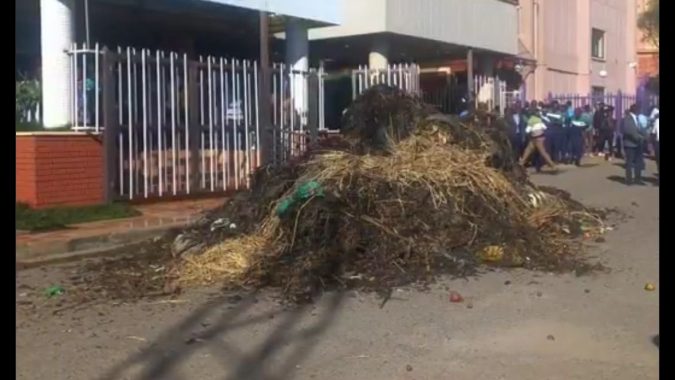
When you walk down the streets of Nairobi, you sometimes smell raw sewage flowing into stormwater channels. Your initial instinct is to consider this an isolated situation or an evolving concern. Then, this week, it happened. City Hall, in broad daylight, dumped waste on the streets and is said to have spewed raw sewage on the same streets to teach Kenya Power Lighting Company (KPLC) a lesson.
KPLC is no saint. Consumers are forever complaining about its services. There could be problems with billing this time, blackouts the next, damaging power surges the following day, or broken transformers.
Anyone who thinks KPLC services are inadequate should try the county government. But now, these two national giants are in a dispute regarding services rendered but not paid for. The details may still be scant. However, it seems that KPLC provided utility services to the county government. The latter did not pay, so demands for payment were sent. The county government either ignored or disputed the demands, upon which KPLC chose to do what they do best: disconnect power
City Hall retaliated by cutting off its services to the utility provider. But they did not stop there; they decided to ferry filth from elsewhere to the utility company’s doors. The result was a mess. The stench, rising to the high heavens, was introduced into a business district, bringing businesses to a halt.
For a while, vehicles were barricaded in the parking areas of KPLC, and movement was brought to a standstill. The county government had spoken, but it didn’t smell good.
Both KPLC and county administrations have occasionally unleashed goons to deal with members of the public on one issue or another. This was an instance of doing the same, only on a larger scale. The dangers the public was exposed to due to the dispute between the two players are unimaginable.
Exposure to raw sewage and other types of waste could lead to the spread of infectious diseases, which would have deleterious consequences for the health system and budget. However, this did not seem to matter.
Even more, Nairobi is the capital city, the window to a country that is the only headquarters of UN operations in the South. A business hub of considerable weight, Nairobi is the nerve centre of operations for the continent’s eastern seabed. Only days earlier, Kenya had been fronting its candidate to chair the African Union Commission.
Does this country have mechanisms for solving business disputes? It is a mute question. The nation teeters with a battery of lawyers with no shortage of those specialising in dispute resolution.
As one of its mandates, the ombudsman’s office solves disputes between public institutions. However, the interlocutors in this case did not think following procedures or the law was for them.
The experience of these last few days should drive shivers down the spine of any citizen served by these two institutions. How would such an exercise of raw power be reflected where the dispute involved average citizens that the institutions can ignore or trample upon? What country is this?
Is it any surprise, therefore, that these are also the institutions against which citizens have long complained? This incident, probably more than anything else, demonstrates the mindset of serving the public that exists in some of our public institutions.
Somebody must call these institutions to order. This is necessary to restore some confidence in the public they serve. But on their part, they must up their game somewhat. This should not be difficult to do, given that the services of these institutions hover at the basic level so that any simple improvements would be quickly visible.
When the county was under the Nairobi Metropolitan Services, the then-senator of Nairobi viciously attacked the head of NMS, calling for the return of the county administration to elected leaders. Here we are with the elected leaders, and how many wish that the NMS of the past would come back. They were not elected, but at least they worked and delivered on some scores.
— The writer is the Dean of Daystar University’s School of Communication

